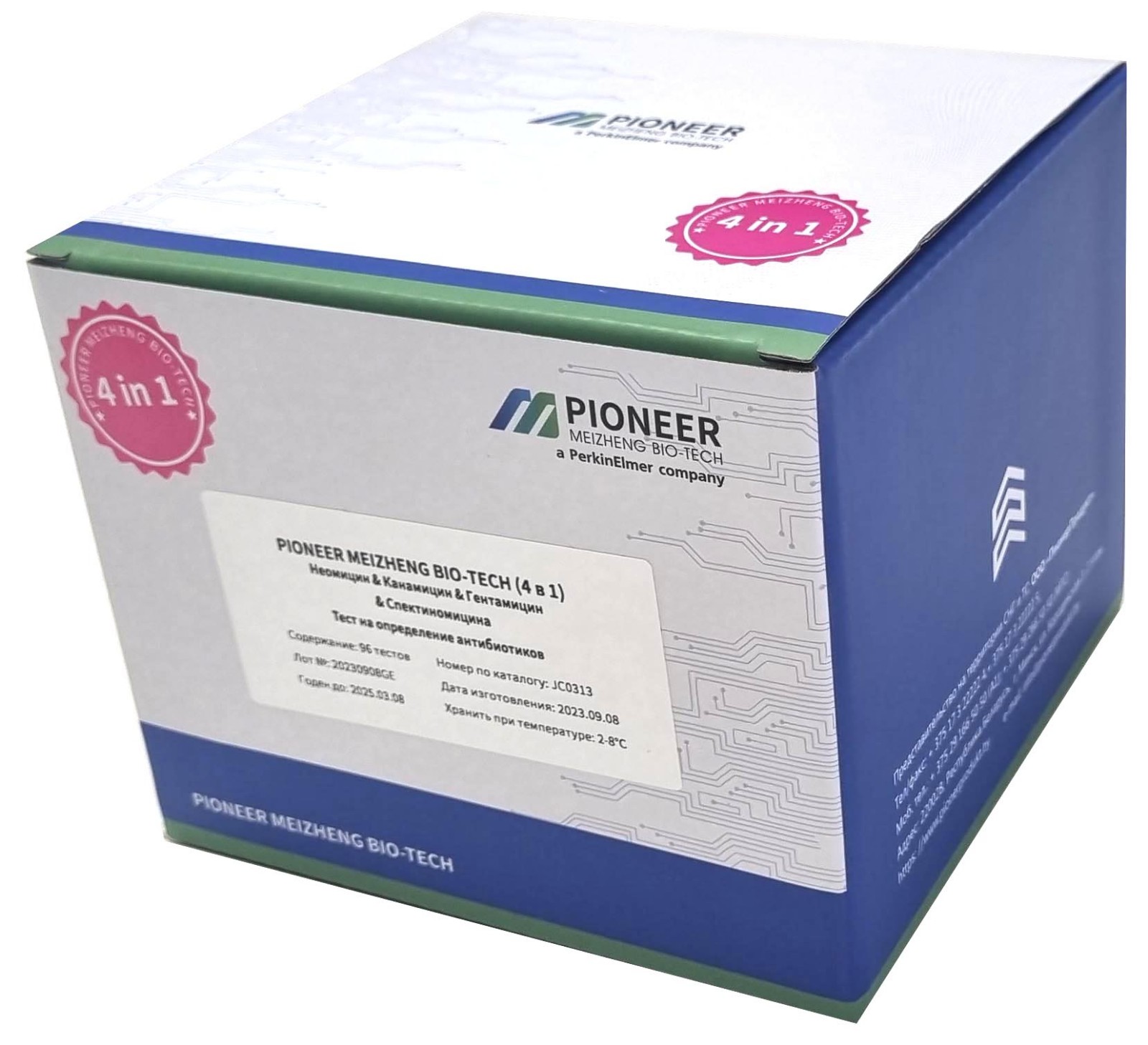European scientists are calling on the EU to step up innovation to reduce meat consumption.
Experts note that future generations of Europeans will likely grow up with less MEAT in their diets, which they consider "necessary and beneficial" given the significant environmental impact of livestock farming. They point out that this activity accounts for more than half of the carbon footprint, and food as a whole accounts for almost half of the environmental impact in Europe.
Lower cost alternatives
The report analyzes options that have great potential to replace traditional meat. These include plant proteins, insects and microbial fermentation, which can provide quality protein with minimal environmental impact when produced sustainably.
Cultured meat could also be a viable solution if it uses renewable energy. However, researchers warn that some processed plant-based products contain excessive amounts of SALT or saturated fat, and further research is needed on the long-term effects of new methods, such as cultured meat or precision fermentation.
The problem of public trust
Beyond technology, the real challenge lies in social acceptance. Taste, price, naturalness, and clear labeling play a key role in winning the trust of consumers, especially young and urban consumers concerned about animal welfare and climate change.
"Trust can be easily lost when products are over-promoted or misleadingly labeled," warns Professor Hanna Tuomisto, co-author of the report. Therefore, experts are calling for complete transparency, covering not only their ingredients but also their environmental impact and production processes.
EASAC proposes an immediate roadmap for the EU to lead the transition to sustainable proteins:
- Clear labelling standards for nutritional value, processing and environmental impact.
- More sustainable production using renewable energy and by-products.
- Information campaigns to integrate these alternatives into balanced diets and combat misinformation.
- Taking into account ethical and cultural aspects, such as insect farming or the use of animal cells.
- Supporting innovation through investment in R&D and helping farmers adapt to new markets.
Scientists emphasize that the EU has the tools and expertise needed to lead these changes globally, provided coordinated action and clear policies are in place. They also emphasize the importance of collaborating with low- and middle-income countries, where meat consumption continues to rise.
Global change in the food system
The development of meat alternatives represents a radical shift in the way we produce and consume protein. While each technology is advancing at different rates, they all share one commonality: they offer potential benefits for planetary sustainability, food security, and animal welfare.
Reducing meat consumption is not just a matter of individual HEALTH or a food trend: it is one of the most important decisions we can make to curb climate change and ensure a more sustainable future for future generations.




























































